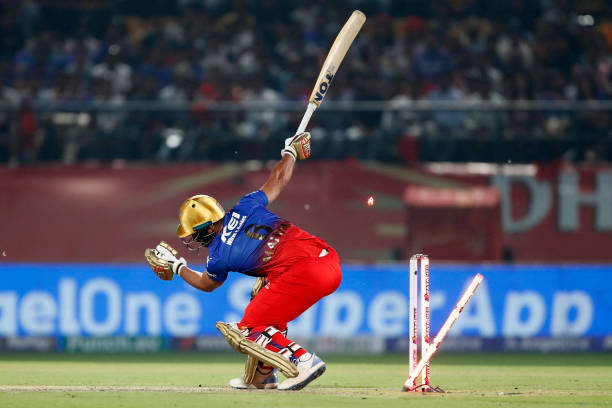Financial Health of IPL Teams: 99exch, Reddy Anna Book, Allpanel
99exch, Reddy Anna Book, All Panel.com, Allpanel: In the world of professional sports, team revenues and sponsorship deals play a pivotal role in shaping the financial health of a franchise. While ticket sales and merchandise remain traditional sources of income, securing lucrative sponsorship deals with diverse brands has become an increasingly essential aspect of revenue generation for sports teams. These partnerships not only infuse financial support but also contribute to elevating a team’s image and reach among fans and followers.
Sponsorship deals can encompass a wide array of collaborations, ranging from jersey sponsorships to stadium naming rights, and even exclusive partnerships for products and services. The value of these deals extends beyond monetary gains, as they often offer teams increased visibility and exposure in the market. By strategically aligning with reputable brands and sponsors, sports teams can leverage these relationships to boost their revenues and enhance their overall commercial footprint in the industry.
Salary Cap Management and Player Contracts
Successful management of a team’s salary cap is crucial in maintaining financial stability and competitiveness in professional sports leagues. Player contracts play a key role in this process, as teams must strategically allocate their resources to acquire and retain top talent within the confines of the salary cap regulations set by the league. Ensuring that player contracts are structured efficiently can help maximize the team’s roster potential while staying within budgetary constraints.
Negotiating player contracts requires a delicate balance between compensating players fairly for their contributions to the team and ensuring that the organization remains financially sustainable in the long term. Teams must consider factors such as player performance, market value, and projected salary cap implications when entering contract negotiations. Effective management of player contracts can contribute to a team’s success on the field while also enhancing its overall financial health and future prospects.
Profitability and Return on Investment
In assessing the financial health of sports teams, profitability and return on investment are crucial metrics. The success of a team not only hinges on its on-field performance but also on its ability to generate profits and provide a satisfactory return to its investors.
Furthermore, understanding the profitability and return on investment of a team allows stakeholders to make informed decisions regarding future investments and resource allocations. By closely monitoring these financial indicators, teams can strategically plan their budgeting, marketing initiatives, and expansion efforts to ensure sustainable growth and success in the ever-evolving sports industry.







